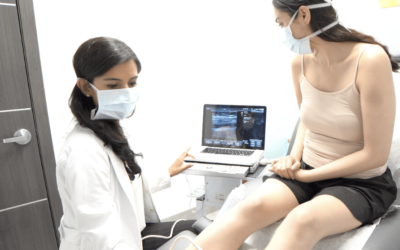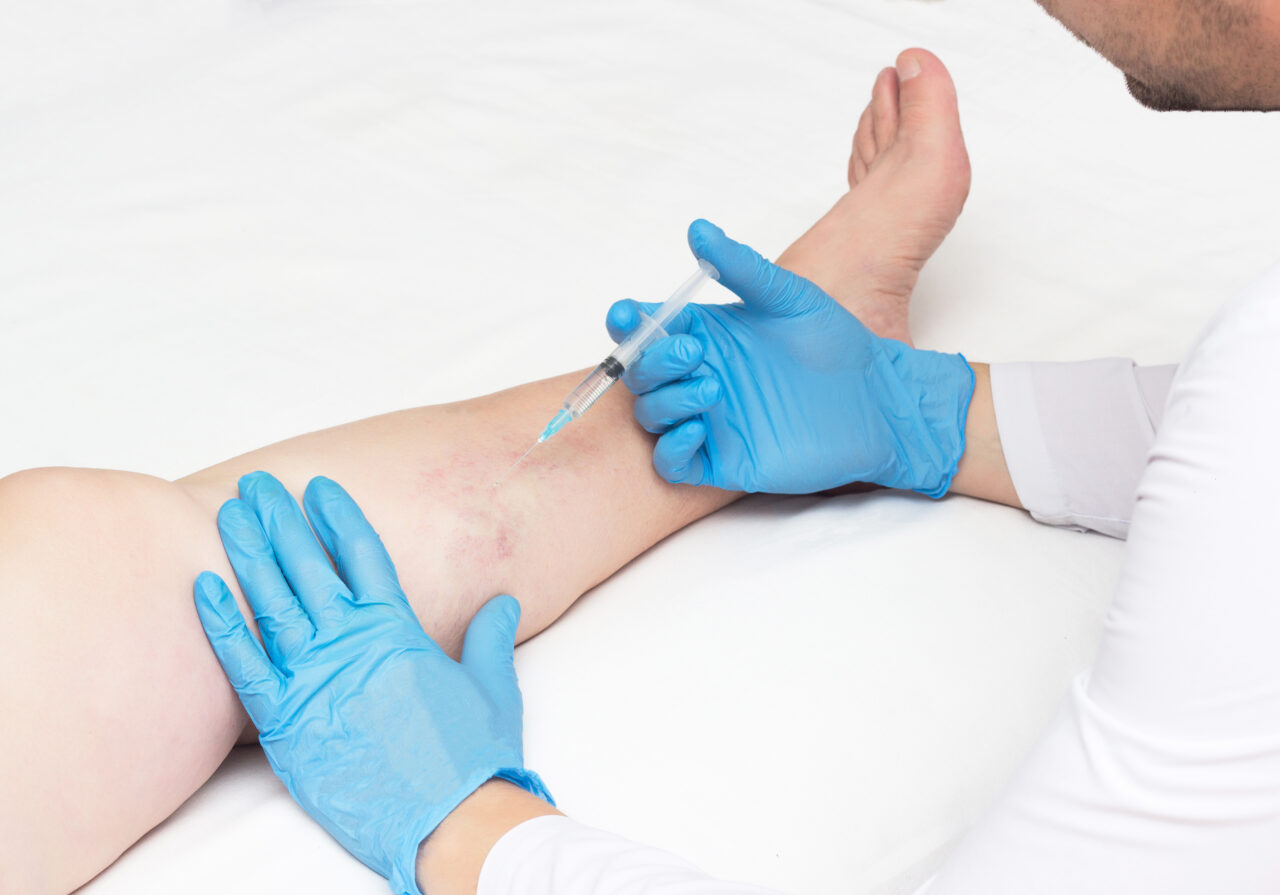What kind of doctors treat varicose veins?
Many doctors, including phlebologists, vascular surgeons, dermatologists, and dermatologists, are qualified to treat varicose veins. When choosing a medical professional, there are several factors you should consider.
Suppose you are considering professional treatment to remove varicose veins. In that case, there are several types of doctors and treatments that can help you. But first, you must consider your specialist and ensure that you get the right treatment in the right way.
Types of medical professionals
What kind of doctor specializes in veins and who treat varicose veins include:
●Vascular surgeons
Vascular surgeons handle disorders of the blood vessels, such as venous varicose veins.
They can perform all surgical and minimally invasive procedures designed to remove varicose veins. They can also provide consultations to determine whether there are any nonsurgical options you might wish to explore first.

●Phlebologists
Phlebologists specialize in diagnosing, preventing, treating, and rehabilitating venous diseases. Any surgeon, dermatologist, or general practitioner can become a phlebologist with proper training.
For example, a phlebologist may be a general practitioner board-certified in phlebology.
●Vascular or interventional radiologists
Physicians having an extra six to seven years of specialized training in minimally invasive techniques are known as interventional radiologists. They may use MRIs, ultrasounds, or X-rays to diagnose illnesses.
They can perform endovenous laser treatment or radiofrequency ablation to treat varicose veins.
●Dermatologists or dermatologic surgeons
Even though dermatologists typically treat skin conditions, they may also treat certain varicose veins.
For instance, they are qualified to employ treatments like sclerotherapy or laser treatment.
Procedures
If home treatment doesn't help your health, you should search "what is the treatment for varicose veins?"
Varicose veins can be treated with certain procedures. Among them are:
- Laser treatment.
Varicose veins can be destroyed and scarred with laser energy. This is called ablation. Spider veins and other tiny veins near the skin can be treated with simple laser therapy. The laser is used on the outside of the skin.
- Endovenous laser therapy uses a laser fiber inserted into the vein. Laser ablation inside the vein makes the vein close up.

- Ligation and stripping.
Cuts are made over the varicose vein, and the vein is tied off and removed. Multiple microscopic incisions in the skin. They are made to remove the varicose vein, also known as stab avulsion.
- Phlebectomy.
Multiple microscopic incisions in the skin. They are made to remove the varicose vein, also known as stab avulsion.
- Radiofrequency treatment.
Radiofrequency energy is utilized within a vein to scar and seal it off. It can close off a large varicose vein in the leg.
- Sclerotherapy.
An injection of a chemical damages and scars the vein's internal lining, causing the vein to close in a varicose vein. This usually works best for small veins.
Are varicose vein treatments covered by insurance? Varicose veins require medical treatment and are usually covered by insurance. Many patients experience uncomfortable and even painful symptoms as a result of varicose veins, which can get worse without treatment and further harm their health. In severe situations, varicose veins can be debilitating.
These symptoms may include itching, swelling, cramping, throbbing, or pain and are often worse at the end of the day.
Conclusion
If you have a query about what is a vein doctor called, Here is the answer: There are several kinds of doctors who can treat varicose veins, including phlebologists, interventional dermatologists, dermatologic surgeons, radiologists, and primary care physicians,
The expert that's right for your needs depends on your preferences and the severity of your condition. Taking time to research can help you connect with a doctor with the experience and qualifications to treat them effectively.
Comments
Post a Comment